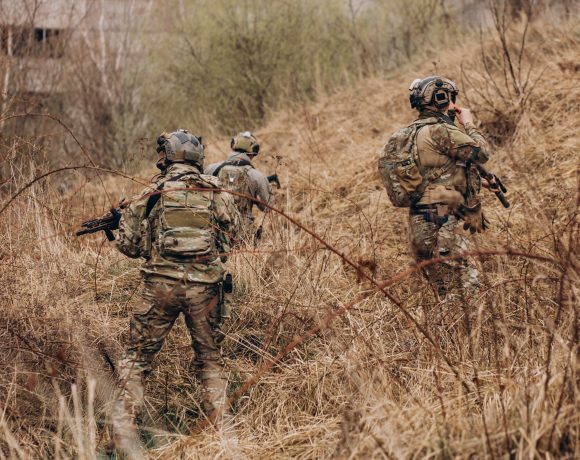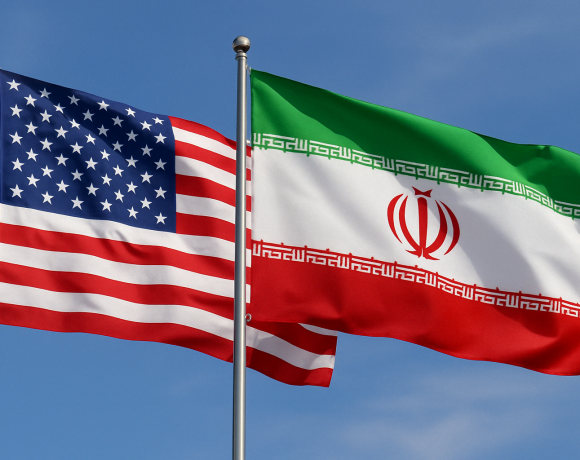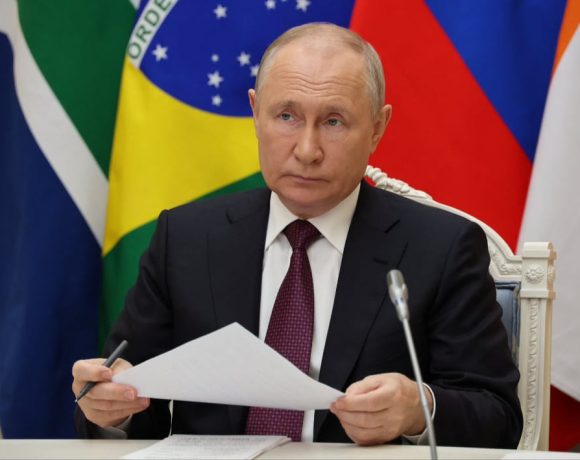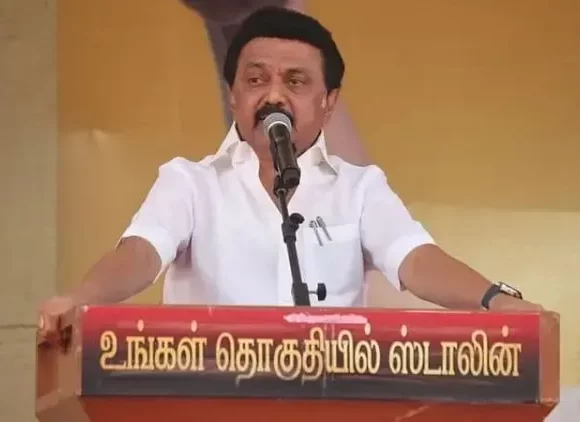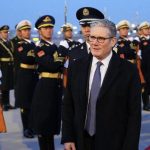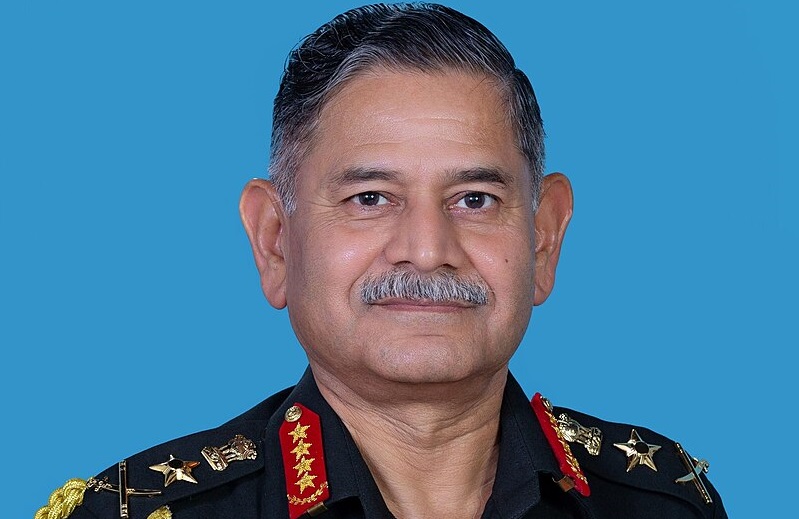
Army Chief Details Plan for LAC De-escalation and Disengagement
On October 22, 2024, Army Chief General Upendra Dwivedi laid out India’s plan for disengagement and de-escalation along the Line of Actual Control (LAC) with China.
Speaking at an event titled “Decade of Transformation: Indian Army in Stride with the Future,” hosted by the United Service Institution of India (USI) in New Delhi, General Dwivedi emphasized that trust is a critical factor in improving India-China relations at the border.
Focus on Restoring Trust and Patrolling Along the LAC
The Army chief’s remarks came shortly after Foreign Secretary Vikram Mistri announced progress in diplomatic and military negotiations between India and China. Both sides have reportedly agreed on a patrolling arrangement for areas along the LAC, including sensitive friction points such as the Depsang Plains and Demchok. This agreement signals that Indian and Chinese troops will resume patrolling as they did before 2020, covering areas from PP10 to PP13.
General Dwivedi indicated that the disengagement process will include Chinese forces pulling back from the “bottleneck” area, located several kilometers inside India’s claimed territory. Previous disengagement efforts at Galwan, Pangong Tso, Kailash Range, and Gogra-Hot Springs have already led to the creation of buffer zones in these areas.
Phased Approach to Normalizing the LAC
General Dwivedi reaffirmed India’s commitment to restoring the status quo as of April 2020, followed by a phased plan for disengagement, de-escalation, and the eventual normalization of LAC management. He noted that the process of building mutual trust between the two nations is already underway, with patrolling resuming as a key confidence-building measure.
“We are trying to restore trust,” the Army chief said, adding that this trust will evolve as both sides reassure each other through ongoing dialogue and patrolling.
India’s Steadfast Stance on LAC Management
General Dwivedi highlighted the consistency of India’s approach to the LAC since 2020, underlining that the strategy has remained unchanged since Lt. Gen. Y.K. Joshi’s tenure as Army Commander. As the de-escalation process unfolds, both countries will work toward a more stable and cooperative border management system.
General Dwivedi’s remarks coincided with Prime Minister Narendra Modi’s participation in the BRICS summit in Russia, where a possible meeting with Chinese President Xi Jinping could further discussions on resolving border tensions.


